Wherever You Go, There We Are (2017)
Gênero : Documentário
Runtime : 12M
Director : Jesse McLean
Sinopse
Assisted by a buoyant electro-acoustic soundtrack, McLean maps an evocative cross-country travelogue through elegantly illustrated postcards and the strangely intoxicating language of junk emails.

A haunting documentary on the pains of growing up male. It explores the inner and outer cruelties that boys perpetrate and endure. The film provokes the viewer to reflect on how our society can deprive boys of wholeness.

Electro-Pythagorus is an intimate and subjective portrait of the late Martin Bartlett, the Canadian electronic music pioneer who studied with Pauline Oliveros, David Tudor, John Cage, and Pandit Pran Nath. His contribution as an interdisciplinary composer, educator, and founding member of Western Front, though undoubtedly extensive, is in danger of being erased from cultural memory since his death from AIDS in 1993. Navigating an array of archival materials including letters, correspondences, notebooks, personal photos, and a huge body of unreleased music and field recordings held at the archives of Simon Fraser University, Electro-Pythagoras is a journey through the evolution of Bartlett’s musical time and space, softly guided by Luke Fowler’s insightful camera and montage—creating an experimental portrait that defies one-dimensionality.
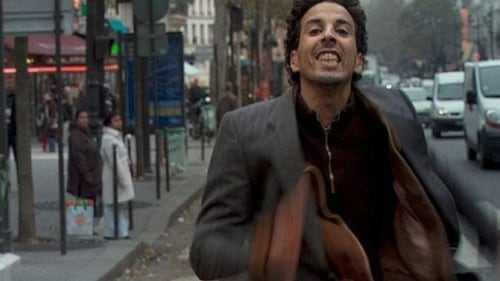
Yacine is in his 30s, of Algerian origins, and has come to Paris looking for inner peace. A playful and poetic quest leads him via all kinds of strange encounters to an increasingly surrealist world and to Andalusia: a state of mind.
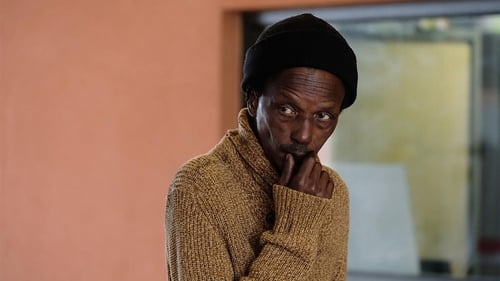
El Hadj is studying in Paris. He is one of the young Senegalese men who have come to Paris since the French colony became independent to get a good education so that he can serve his fatherland on his return. Unexpectedly he is suddenly confronted by a problem with his residence papers, just because he has arranged an extension too late. His pleasant life filled with good prospects has gone in one fell swoop. He faces a dilemma. He can stay illegally in France, the country where he feels at home, where he has his friends, has fallen in love and can drink water from the tap. Or he can return (without graduating) to the 3rd-world country of Senegal to use the knowledge he has acquired. It is not only a practical choice. It comes down to the question of who he is, who he thought he could be.
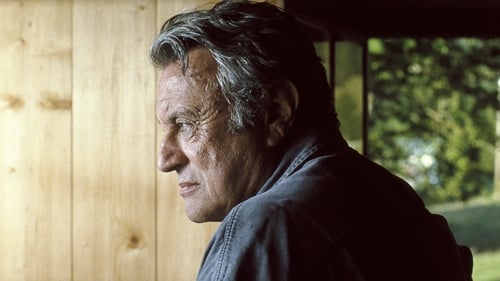
An emotionally cold man leaves the safety of his Alpine home to seek a heart transplant and an estranged son.

The Darkness of Day is a haunting meditation on suicide. It is comprised entirely of found 16mm footage that had been discarded. The sadness, the isolation, and the desire to escape are recorded on film in various contexts. Voice-over readings from the journal kept by a brother of the filmmaker’s friend who committed suicide in 1990 intermix with a range of compelling stories, from the poignant double suicide of an elderly American couple to a Japanese teenager who jumped into a volcano, spawning over a thousand imitations. While this is a serious exploration of a cultural taboo, its lyrical qualities invite the viewer to approach the subject with understanding and compassion.

Three women are in enclosed psychological zones that function as both refuge and jail.
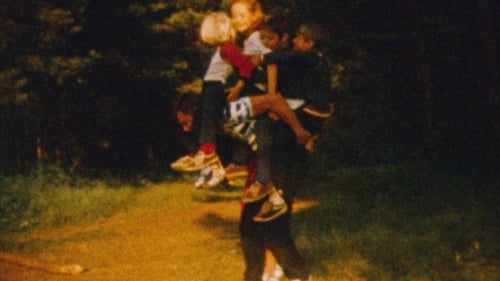
Muitos anos atrás, as cidades pelo rio estavam agarradas por um contágio. As coisas começaram a mudar e não estava claro se a transformação era um sintoma da doença ou uma maneira de escapar dela. O contágio tocou tudo: animais, plantas, pedras, solo, homens, mulheres e crianças, seus pensamentos, sonhos, memórias. Uma velha disse uma vez que todas as memórias se transformaram em árvores; Eu dificilmente consegui explicar o que ela estava dizendo. Ela disse que podia ouvir as árvores cantando: ser um corpo, ser qualquer corpo. Depois que o contágio terminou, as cidades pareciam intactas. Era preciso procurar ver os traços da época anterior. Se alguém pudesse ouvir as árvores, o que eles diriam? Uma saída, uma saída?

In the aftermath of the 2010 earthquake, a middle-aged Port-au-Prince couple come face to face with the stark contradictions of Haitian society when they are forced to rent out their villa to a foreign aid worker and his enterprising local girlfriend.
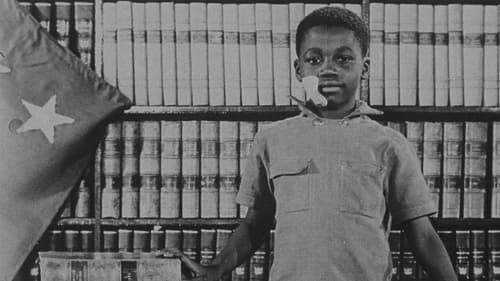
Documentary about African political leader Patrice Lumumba, who was Prime Minister of Zaire (now Congo) when he was assassinated in 1961.
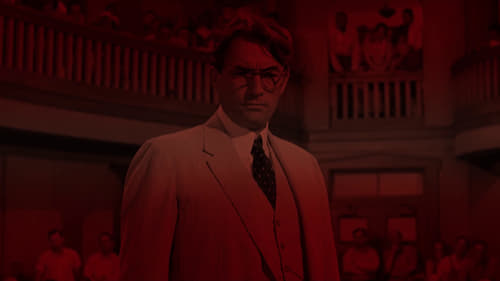
“In 1946, my great-grandfather murdered a black man named Bill Spann and got away with it.” So begins Travis Wilkerson’s critically acclaimed documentary, DID YOU WONDER WHO FIRED THE GUN?, which takes us on a journey through the American South to uncover the truth behind a horrific incident and the societal mores that allowed it to happen. Acting as narrator and guide, Wilkerson spins a strange, frightening tale, incorporating scenes from TO KILL A MOCKINGBIRD, the music of Janelle Monáe and Phil Ochs, and the story of Rosa Parks’ investigation into the Recy Taylor case, as well as his own family history, for a gripping investigation into our collective past and its echoes into the present day.

Eles vêm à noite e todos saem. Eles acendem tochas e lembram-se de quem andou por essas ruas antes deles. Nas próximas horas, a cidade estará em bloqueio: aparece um eclipse e os meteoros começam a cair.
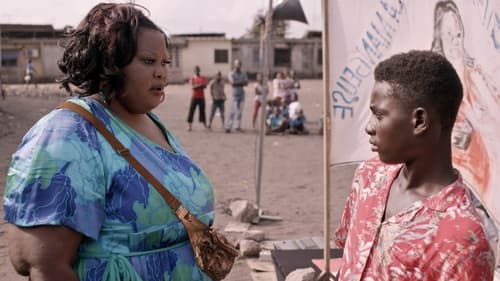
Run escapes... He just killed the Prime Minister of his country. In order to do so, he had to act as if he was a crazy man, wandering through the city. His life comes back by flashes; his childhood with Tourou when his dream was to become a rain miracle-worker, his adventures with Gladys the eater, and his past as a young member of militia, in the heart of the politic and military conflict in Ivory Coast. All those lives, Run didn't choose them. Every time, he felt in by running from another life. That's the reason why his name's Run.

Inspector Joshi is a grieving father searching for his daughter Aruna, kidnapped years ago when she was six. In his despair, life converges with a recurring dream in which Joshi pursues a shadowy figure who leads him to 'Paradise', a night-club where teenage girls dance to a leering crowd. He is convinced he will find Aruna there and vows to bring her back to Leela, his broken wife.
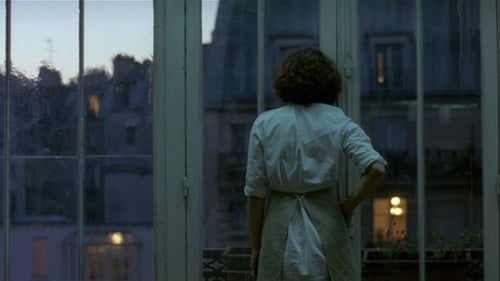
Paris, 1995. Laure is about to meet friends for dinner. But on her way out, she discovers that the entire city is stalled by a massive transit strike. When she offers a handsome stranger a ride, Laure takes a highly charged, impossibly erotic detour.
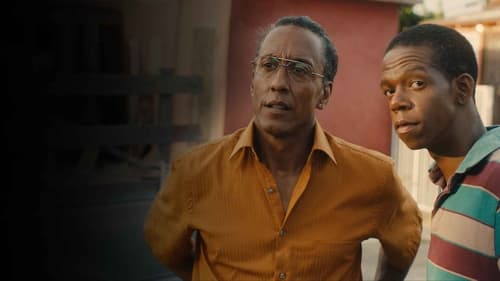
After a three-year stint in prison, an unreasonably optimistic middle-aged man returns to his stagnant neighborhood to win back his girlfriend only to find that she and his family have done what they always wanted to do — forget he exists.

Shot by a reported “1,001 Syrians” according to the filmmakers, SILVERED WATER, SYRIA SELF-PORTRAIT impressionistically documents the destruction and atrocities of the civil war through a combination of eye-witness accounts shot on mobile phones and posted to the internet, and footage shot by Bedirxan during the siege of Homs. Bedirxan, an elementary school teacher in Homs, had contacted Mohammed online to ask him what he would film, if he was there. Mohammed, working in forced exile in Paris, is tormented by feelings of cowardice as he witnesses the horrors from afar, and the self-reflexive film also chronicles how he is haunted in his dreams by a Syrian boy once shot to death for snatching his camera on the street.

At the end of the 1960s the post-war generation began to revolt against their parents. This was a generation disillusioned by anti-communist capitalism and a state apparatus in which they believed they saw fascist tendencies. This generation included journalist Ulrike Meinhof, lawyer Horst Mahler, filmmaker Holger Meins as well as students Gudrun Ensslin and Andreas Baader.

The film tells a story of Mariana, a nurse who leaves Lisbon to accompany an immigrant worker in a comatose sleep on his trip home to Cape Verde. The devoted Portuguese nurse took a journey only to find herself lost in abstract drama.
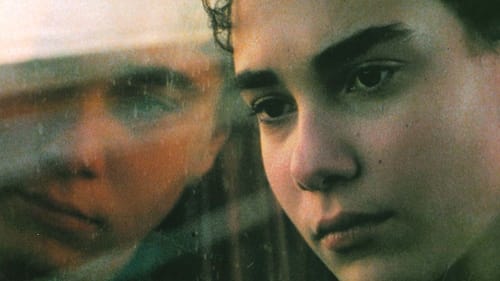
Teenage siblings Nenette and Boni were raised apart as a result of their parents' divorce. Their mother, who doted on her son Boni, has died. He works for an interesting couple as a pizza baker, and is surprised and enraged when his younger sister, having run away from boarding school, suddenly turns up. There's a problem that they must confront.

















